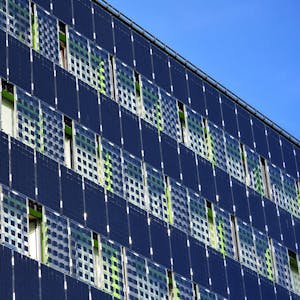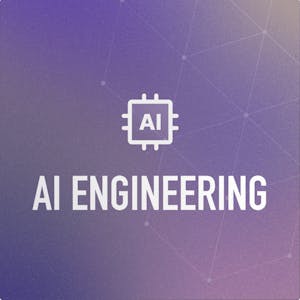Energy management for real estate. Methods and digital tools
About this Course
The figure of the Energy Manager (EM), introduced in the United States in the early 1970s, during the first oil crisis, brought to light the need to get more work out of less energy. In Italy, this figure was officially introduced by Law 308/82, but had its first strong impulse thanks to Law 10/91, aimed at implementing the National Energy Plan on the rational use of energy, energy saving and the development of renewable energy sources. More in detail, an Energy Manager is a person whose task is to manage what concerns energy within a company, a public body, or more generally a structure, verifying the energy consumption, optimising it, and promoting interventions aimed at energy efficiency and the use of renewable sources. In such respect, the course will provide the necessary information to: - verify consumption, through ad hoc audits or, if available, through digital models or reports produced by remote management; - optimise consumption through the correct regulation of systems and their appropriate use from an energy point of view; - promote energy-aware behaviour by employees and/or occupants of the facility; - propose improvement investments, possibly improving production processes or the performance of related services. The course is structured into 4 Weeks. In the first week a brief introduction about the course, highlighting the main skills of the energy manager, is provided. After that, the fundamental about energy in buildings is discussed in the second week. More in detail, the week aims to define the main energy, regulatory and market framework in which the energy manager has to deal with. Within the same week, the fundamentals of building physics and technical plants are also introduced. During week 3, the specific methodology to carry out the energy survey and audit as well as the available solution to improve the energy efficiency of existing buildings are treated. In the last week, the general approach to face with specific digital tools are also shown and, finally, all the knowledge acquired over the weeks is applied in two exemplifying case studies.Created by: Politecnico di Milano

Related Online Courses
Fundamentals of Project Management offers a comprehensive introduction to the key principles and practices necessary to lead successful projects. You will learn how to navigate each phase of the... more
This specialization teaches developers to build next-generation apps powered by generative AI. It covers topics including the OpenAI API, open-source models, AI safety, embeddings, vector... more
We are all members of a variety of groups. In a typical week, you may collaborate in a team of coworkers, eat lunch with your friends, gather with family and friends for a celebration, watch your... more
Gain a holistic understanding of NIST cybersecurity fundamentals. You will learn about the RMF process and managing risk by identifying, assessing and responding to risk. Additionally, you will... more
How do planes take off? How do they fly? How do pilots maintain control of them? And how high can airplanes fly? Get answers to all these questions and more with this specialization exploring the... more








